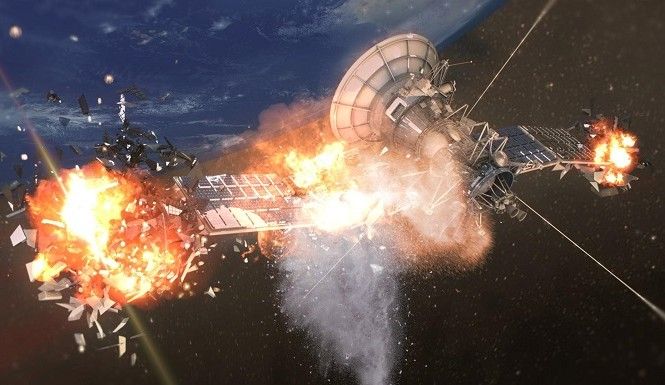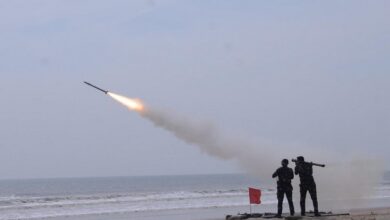Laser Weapon capable of destroying Satellites in Space developed by China
China has been boosting its laser weaponry over the past few years. The latest weapon in its fleet can jam and even destroy satellites in space as per reports.

Researchers in China have come up with a microwave machine named Relativistic Klystron Amplifier (RKA) which can jam or destroy satellites in space.
The machine can produce a wave burst of up to 5-megawatts in the Ka-band which is a portion of the electromagnetic spectrum used for both civilian and military objectives.
Nevertheless, this weapon comes with its own limitations as it cannot shoot targets out of the sky simply by firing from the ground and it rather acts by mounting onto satellites and thereafter use it to attack assets of their foes present in space by causing a severe burn out of their sensitive electrical components.
Experts have raised concerns with the development of such a Directed Energy Weapons (DEW) system, a system that uses concentrated electromagnetic energy rather than kinetic energy to damage or destroy the enemy and their equipment. However, China has rejected this theory of RKA being a weapon based on the DEW system.
In 2021 it was reported that China had developed a 100-Kilowatt airborne laser weapon while in 2018 they developed a laser rifle. The country has also been fitting its ships with modern generators which can power high-energy weaponry discreetly, giving us all the more reasons to believe the reports of the existence of a weapon that can prove its excellency in outer space as well. The presence of such a weapon can be fatal to many countries including India, which has multiple space programs running along with many lined up for the near future.
With geopolitics catching up in space too a new battleground is looking more than likely and countries preparing to establish their supremacy in space should not come as a surprise. Recently Russia had also warned the European Space Agency (ESA) and NASA that if it stopped collaborating whole of the International Space Station (ISS) may collapse.



